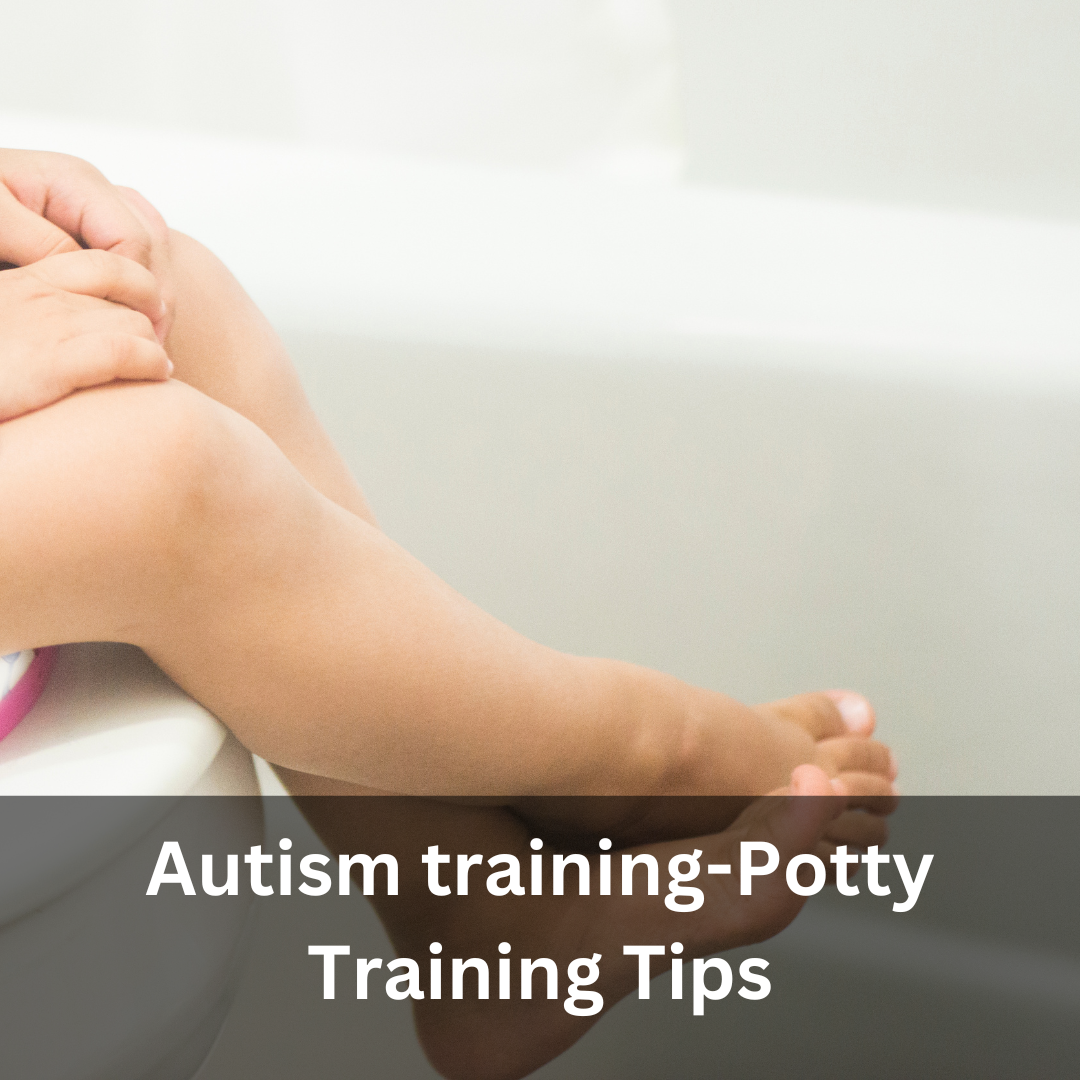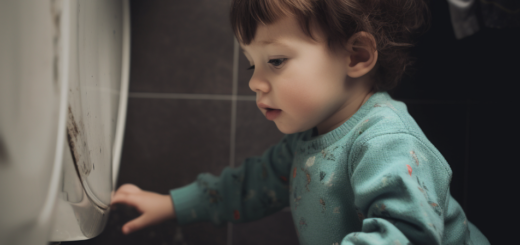Autism training-Potty Training Tips

Potty Training Autistic Toddlers: A Guide for Parents Potty training toddlers can be challenging for any parent but incredibly daunting for children with autism. Unlike typical children, children with autism may not respond to positive reinforcements and stimuli similarly, making the potty training process much harder. However, with patience and understanding, it is possible to successfully potty train your autistic toddler.
First, it is essential to understand that some traditional techniques for potty training children do not apply to children with autism. For example, rewards such as stickers or treats may need to be more effective in motivating your child to use the bathroom. Instead, you must find alternative methods that work best for your child.
One effective way to help your child understand the potty training process is through visual aids. Children with autism often respond well to visual cues. Simple illustrations to show the entire bathroom process can help your child understand what is expected of them. This may also help to reduce any fear or anxiety they may feel about using the bathroom.
Another essential factor to consider when Potty training an autistic child is routine. Children with autism naturally gravitate towards routine and structure, so it is necessary to establish a regular potty training schedule. This can include designated times for bathroom use, such as after meals or before bed. Providing your child with a predictable and consistent environment is essential to help them feel comfortable and secure.
In addition to visual aids and routine, providing positive reinforcement for progress is also helpful. While traditional rewards may not be practical, other forms of positive reinforcement can be very beneficial. For example, offering praise and positive feedback for every step in the potty training process can help encourage your child and motivate them to continue.
It is essential to be patient and understanding during the potty training process. Children with autism can take longer to learn and may need more time and support to succeed. Avoid getting frustrated or upset with your child if they have accidents; this can reduce their progress and increase their anxiety. Instead, remain positive and encouraging, and remember that every child is different and develops at their own pace.
In conclusion, Potty training an autistic child can be challenging, but with the right tools and techniques, it is possible to help your child succeed. By using visual aids, establishing a routine, providing positive reinforcement, and being patient and understanding, you can help your child learn to use the bathroom and achieve a new level of independence. With the proper support and encouragement, your child can learn this new skill and feel confident and capable in their unique abilities.
It is also essential to understand that every child with autism is unique and may have different needs and preferences regarding potty training. For example, some children may respond well to visual aids, while others may need more physical support and hands-on help. Therefore, observing your child and determining what works best for them is essential.
Another helpful tool for potty training autistic children is using a potty seat. Potty seats are designed to make the transition from diapers to toilets more accessible and less intimidating. Many potty seats come with fun designs and colours, making the process more appealing to children. Some Potty seats also have built-in handles to provide extra stability and security for your child.
In some cases, children with autism may benefit from using a special needs toilet seat with built-in handles and a non-slip surface. These seats provide extra support and safety, especially for children sensitive to sensory stimuli.
Being flexible and open to different potty training methods is also essential. For example, some children with autism may respond well to a potty training chair, while others may prefer a portable potty seat used at home and on the go. Finding the right combination of tools and techniques that work best for your child will require trial and error, but with persistence and patience, you can help your child succeed.
In addition to the tools and techniques mentioned above, it is also essential to seek support and advice from other parents of children with autism. Joining support groups, online forums, and other resources can provide valuable information and advice on how to successfully potty train your child.
Finally, it is essential to remember that Potty training can take time and require patience and persistence. Every child is different and will progress at their own pace. Therefore, staying positive, supportive, and encouraging throughout the process and celebrating every step of progress is crucial.
In conclusion, potty training autistic toddlers can be a challenging process, but with the right tools, techniques, and support, it is possible to help your child succeed. By understanding your child’s unique needs and preferences, using visual aids, providing positive reinforcement, and seeking support from other parents, you can help your child learn this new skill and achieve a new level of independence. With patience, persistence, and the right approach, you can help your child succeed in potty training and feel confident and capable in their new abilities.


2 Responses
[…] delays or disabilities, such as autism, Down syndrome, mental retardation … Read Article Category:Developmental Psychology – Wikipedia, The Free …Autism spectrum; B. Barrel children; Bas…Developmental Psychology – Wikipedia, The Free …Autism spectrum; B. Barrel children; Basic […]
[…] Potty Training. Potty Training Tips. Enjoy all of Martha Stewarts delicious Food Recipes together with her […]